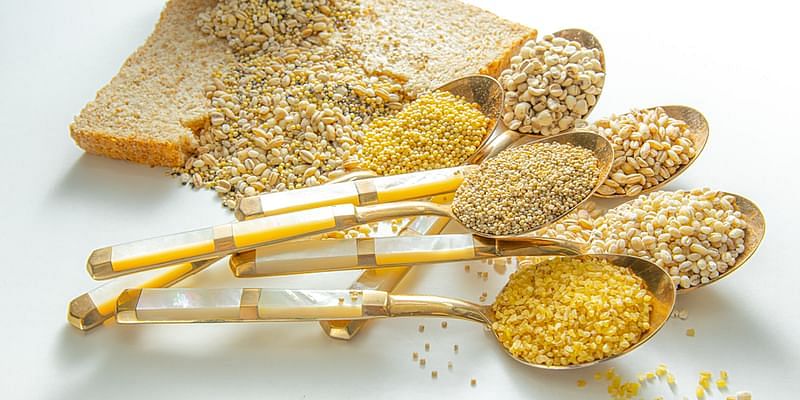Read full article By Deepa Kannan @ Your Story Photo Credit: Shutterstock
Millets are cultivated in many parts of India, and are now finding themselves more popular. They find themselves surviving in conditions where wheat may not survive, indicating the potential to endure within themselves. Almost any plant that can withstand harsh conditions is inevitably termed an adaptogen. An adaptogen is something that improves your resilience to stress.
How can millets support your health?
When replacing rice and wheat, millets can be a great addition to an anti-inflammatory diet. They are non-glutinous and much easier for anyone struggling with chronic conditions. They have much more protein than many other grains.
Millets are the perfect grain to support weight loss.
Millets are rich in fibre, and can be very useful for those struggling with high cholesterol or gallstones, and are overall beneficial to digestion and elimination. Millets can be great to stabilise blood sugar balance, as they have a low glycaemic index. This is the reason that many nutritionists recommend millets to diabetics, as an option to white rice.
There is a lot of positive research on millets to support diabetic rehabilitation and management. This is also the reason that it can be a great food to support anyone with blood sugar imbalance, which is most women today. Millet have many amino acids, and so they can combine with lentils to form a complete source of vegetarian or vegan protein. Millets have multiple minerals, which provide your body with support for a range of functions. They are high in magnesium. They also contain tryptophan which convert to serotonin, helping you with mood stability and sleep.

